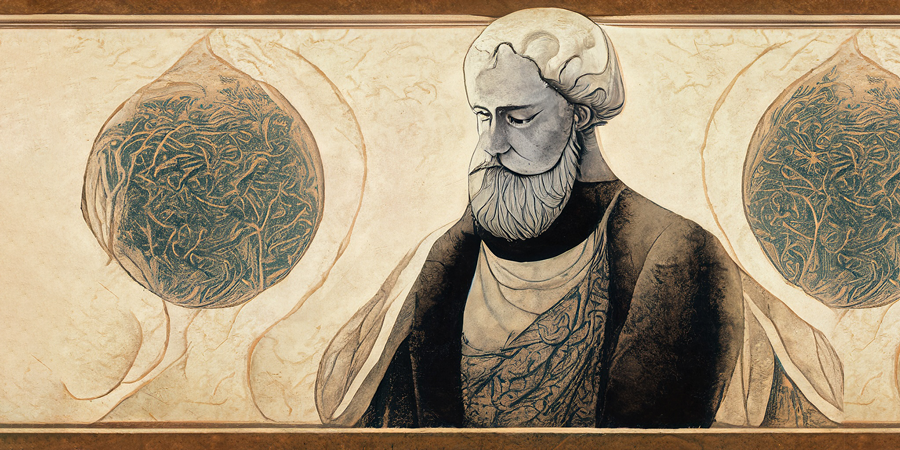Work of the Week – Hans Werner Henze: Das Floß der Medusa
- 11 Sep 2023

Shipwreck at the airport: Hans Werner Henze's oratorio Das Floß der Medusa (‘The Raft of the Medusa’) opens the new season at the Komische Oper Berlin. In Hangar 1 of Tempelhof Airport, Tobias Kratzer stages the great question of humanity, which revolves around the calculated drowning of underprivileged people on the high seas. The premiere will take place on September 16, 2023 under the musical direction of Titus Engel.
In 1816, the ship Medusa, carrying 400 passengers, was shipwrecked off the west coast of Africa. Because there were not enough lifeboats, a raft was built to carry the remaining passengers ashore. The plan failed, however: the rope connecting the boats to the raft was quickly and deliberately cut, leaving the people on the raft to their fate without supplies. In Das Floß der Medusa, Henze and his librettist Ernst Schnabel commemorate the shipwreck and highlight the moment when morals, laws and social differences collapse. In view of the current refugee crisis and the many people who perish on the high seas, Henze and Schnabel's work, which is critical of capitalism, has become disturbingly topical.
Komische Oper Berlin: Das Floß der Medusa by Hans Werner Henze shakes with the fate of the castaways
The plot level is divided into two sides: Life and Death. The role of Death is embodied by a soprano named La Mort (sung at the Komische Oper Berlin by Gloria Rehm), who tries to win over the survivors with her seductive singing. Life, on the other hand, is symbolized by the sea-boy Jean-Charles (in Berlin: Günter Papendell), who fights for his survival until the end, while the others succumb to death one by one. In Das Floß der Medusa, the narrator Charon (played by Idunnu Münch) conveys the intermediate world between life and death. This reference to the ferryman of the underworld from Greek mythology was inspired by Henze.

The work is based on the 1819 painting "Le Radeau de la Méduse" by the French painter Théodore Géricault. Henze transfers the moods and figures of the painting to the music. For example, he assigns wind instruments to the living figures and musically transposes their breathing and screams, while the dead are accompanied by string instruments as they pass into the afterlife.
"Le Radeau de la Meduse," the large painting by Théodore Géricault that can be admired in the Louvre, was clearly in my mind's eye when I began to think about music. The human pyramid in the painting, at the top of which our hero, the mulatto Jean-Charles, is recognizable, as he waves the red rag towards a boat sailing along in the great distance, which poetically signifies hope and indeed perhaps even salvation - this is present right at the beginning of our piece. (Hans Werner Henze)
The Komische Oper Berlin originally planned five performances, but due to the great demand, Das Floß der Medusa will be performed at least six times at Tempelhof Airport until October 2, 2023. In the current issue of our magazine Schott Journal, we look at various aspects of the composer Hans Werner Henze in view of his 100th birthday in 2026. Below is a link to the digital version of the issue.
Links:
Hans Wermer Henze: Composer Profile
Das Floß der Medusa: Work Details and Audio
Hans Werner Henze 100: Discover the facets of the composer in Schott Journal
photo stage model: Komische Oper Berlin / Jan Windzsus; photo Henze: Anthony Сrickmay





